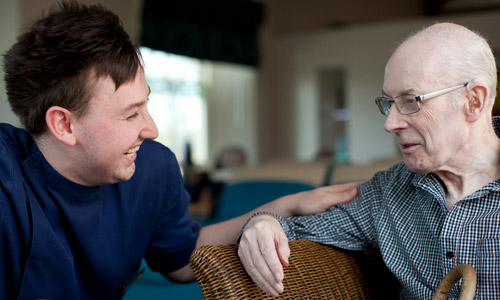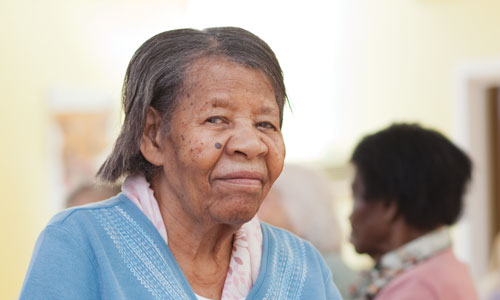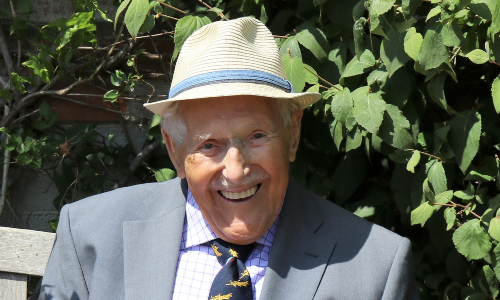The Mental Capacity (Amendment) Bill is in Committee in the House of Lords – unless you are an avid Parliamentary watcher, I doubt you’ve noticed.
But public controversy is starting to rise about this Bill, which is about the important and hugely sensitive issue of the legal protection available for older people and adults who lack mental capacity but who it is considered need to be contained in a given place for their own safety and/or that of others.
Older people who are subject to this legislation generally have dementia, delirium or some other cognitive health problem. The way this protection is offered by application for a Deprivation of Liberty Safeguard (DoLS). The debate about this Bill is taking place against a context of worries about the current system, which has broken down, leaving many older people with no protection at all.
At Age UK we have been following the Bill’s progress for many months – indeed, we raised concerns in the last Queen’s Speech that the Government had brought forward no clear plans to change the law in this area – because change is needed and is of vital importance to some of the least heard, most vulnerable, older people.
As things currently stand, new analysis suggests for the third year in a row, more Deprivation of Liberty Safeguard applications were received than completed. The number of applications not completed at the end of the reporting period increased by 7% on 2015/16, from 101,740 to 108,545*. That is over 108,000 people who lack capacity, often as a result of advanced dementia, standing in a queue. 108,000 vulnerable adults who may be being illegally denied liberty or the right to associate freely with their own families at the moment. Some of whom might now have been Sectioned under the Mental Health Act in hospital because the hospital managers are unsure how to keep someone safe and remain within the law (Care Quality Commission). This is not acceptable.
The Mental Capacity (Amendment) Bill has elements we believe need significant strengthening. Clearly, the balance between care home managers who in the new Bill prepare assessments, and the local authorities and clinical commissioning groups who authorise them, is not in the right place and should be changed. Particularly when care home managers would have a financial conflict of interest if the resident were detained in a place they were paying to stay in. We are also concerned the Bill does not strike the right balance when a case is complex or disputed; we believe there should be more independent oversight. Care home managers themselves say they do not have the training or resources to do this new job properly and our care system does not need further strain placed upon it, given its crumbling state. Our briefing covers these areas in more detail.
No one is seriously suggesting that the current state of law and practice in this area is sustainable or desirable, but quite legitimately there are different views about whether this Bill is ‘good enough’ to be worthy of support. If the Government can effectively address the issues that I have explained which are problematic, then my conclusion, and Age UK’s conclusion is that the legislation should go forward. Even then the Bill is unlikely to be perfect, but for the sake of the many highly vulnerable older people languishing without any legal protection at all, some of them in wholly inappropriate settings, unable to leave, we think an improved version of this Bill needs to get on the statute book. If we lose this opportunity we’re unlikely to get another one in this Parliament and it is profoundly unfair on the older people and their families who are affected to have to wait any longer. In the case of this Bill therefore at Age UK, we believe that ‘doing nothing is not an option’.
*Statistics are primarily drawn or derived from the datasets and reports compiled by the Adult Social Care Team at NHS Digital for the ‘Mental Capacity Act (2005) Deprivation of Liberty Safeguards, (England) 2016/17’ publication. Primary source here.
Author
This article was written by Angela Kitching, Head of External Affairs at Age UK





